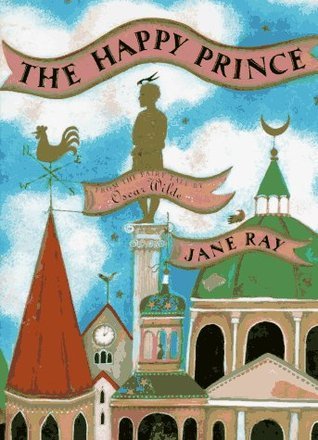
When he was alive, the Happy Prince lived in the Palace of Sans Souci, where sorrow was not allowed to enter, and where he knew only pleasure. Now, a gilded statute set atop a high column, he can see all the wretchedness of the poor, the sick and the lonely who inhabit the great city where he stands. A swallow, hurrying to reach the warmth of Egypt before winter sets in, stops to rest between the feet of the Happy Prince. He is moved by the prince's description of the helplessness and hopelessness he sees all around him, and agrees to stay with the prince and to assist him in bringing comfort to those in need. This story of sacrifice and redemption is a parable for our time, as it was for that time more than a hundred years ago when Oscar Wilde first published this moving tale. Oscar Wilde (1854–1900) was an Irish writer of great wit and talent who was born Oscar Fingall O'Flahertie Wills Wilde in 1854. He wrote a number of tales for children, but is perhaps best known for his 'Dorian Gray' (1890), 'Lady Windermere's Fan' (1892), 'The Importance of Being Earnest' (1895) and 'The Ballad of Reading Gaol' (1896). Wilde died in Paris in 1900.
Author

Oscar Fingal O'Flahertie Wills Wilde was an Irish playwright, poet, and author of numerous short stories, and one novel. Known for his biting wit, and a plentitude of aphorisms, he became one of the most successful playwrights of the late Victorian era in London, and one of the greatest celebrities of his day. Several of his plays continue to be widely performed, especially The Importance of Being Earnest. As the result of a widely covered series of trials, Wilde suffered a dramatic downfall and was imprisoned for two years hard labour after being convicted of "gross indecency" with other men. After Wilde was released from prison he set sail for Dieppe by the night ferry. He never returned to Ireland or Britain, and died in poverty.